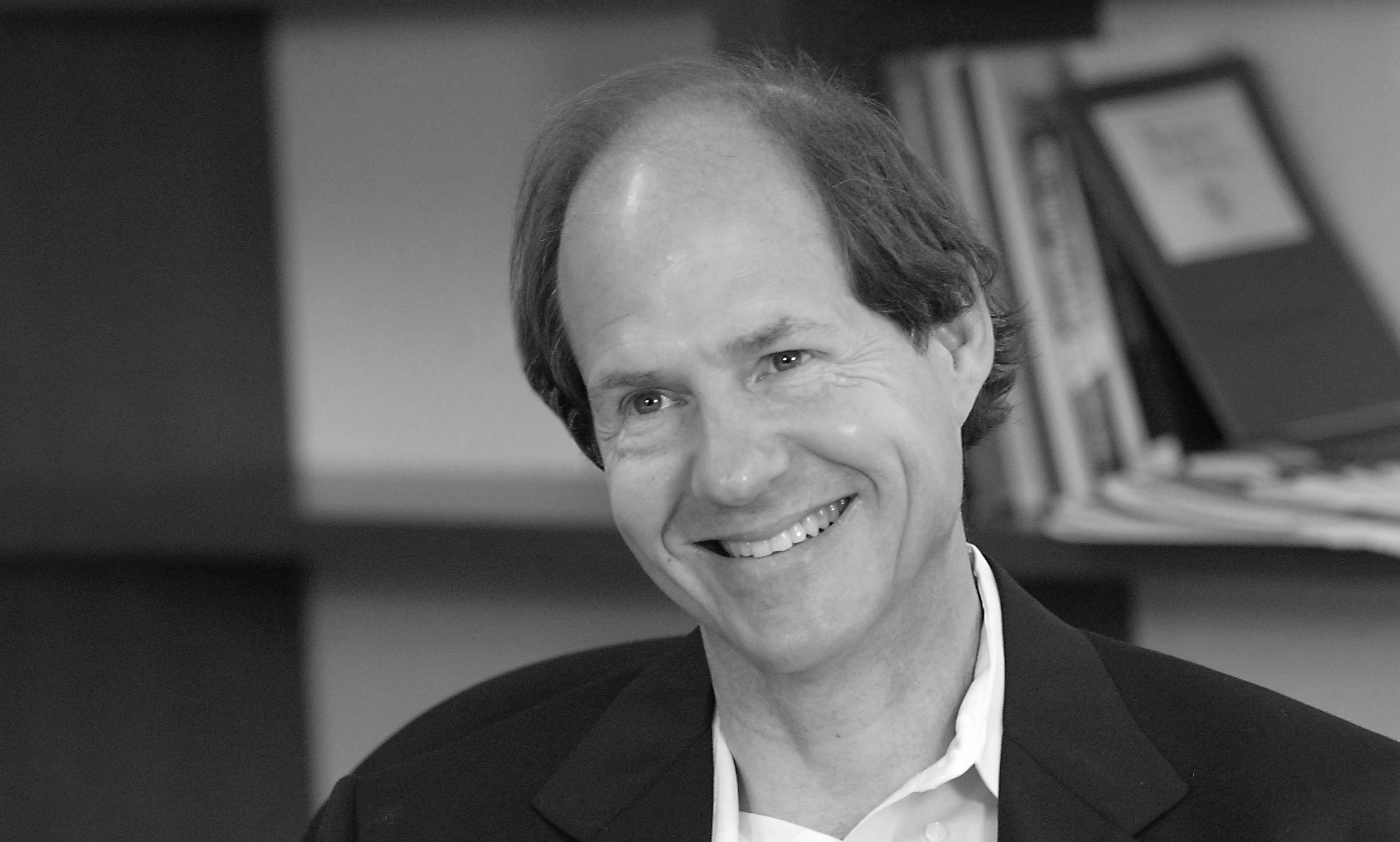Shouldn’t Every Adolescent Wait for Godot?

Should free speech laws be changed, and if so, how? How should the US approach the issue of gun control? And has the US Supreme Court become too politicized? These are some of the questions that 2018 Holberg Laureate Cass Sunstein addresses in this interview.
In two recent conversations with the Holberg Prize, Cass Sunstein talks about his academic career, his views on some of the pressing issues of our time, and some of the paths that lead him to study law.
From Spider-Man to Godot
Sunstein explains how he was a big fan of comic books when growing up, and he read about superheroes such as Spider-Man, The Fantastic Four, Thor, and Hulk. “They fired the imagination.” he says, “Good vs. evil, and attractive women (for a near-adolescent, at least), and also plenty on behavioral economics (more or less).”
He also read sports books, such as My Life In Baseball, by Ty Cobb. “There was a wonderful sports series, based on the adventures of a fictional character named Chip Hilton,” says Sunstein. “The adventures taught me a lot about morality.”
“As an adolescent, I loved Samuel Beckett, he continues. “Shouldn’t every adolescent wait for Godot, and ponder the meaninglessness of existence?”
Self-government and free speech
One of the issues that underlie very different strands of Sunstein’s work is Free Speech. How should we approach free speech laws in an age where fake news and conspiracy theories constitute a clear danger to public discourse and democratic processes?
“There is free speech theory, and there is free speech practice,” Sunstein underscores. “In theory, one pressing question is how the rise of social media, and limitless choices, can promote the ideals of truth-seeking and democratic self-government. That is an empirical question as well as a theoretical one. In practice, one pressing question is private solutions to the problems associated with fake news, Russian (or other) interference, and echo chambers. What should Facebook do? What should Twitter do?”
Sunstein believes we need new governance models. “Large social media companies are unique. They are not newspapers, but they provide news, and some of them seem to be natural monopolies, or pretty close to it,” he says.
Sunstein also explains what free speech principles should seek to promote: “We should see our free speech principle first and foremost as one that is designed to enable the preconditions for self-government,” he says. “If we see free speech in those terms, we will abhor censorship of political ideas, and we might not be so negative of regulating, say, false advertising or misleading commercials. We will have a focus on the democratic process.”
The entire interview conducted by Professor Ivar Bleiklie for the Holberg Prize is available here: